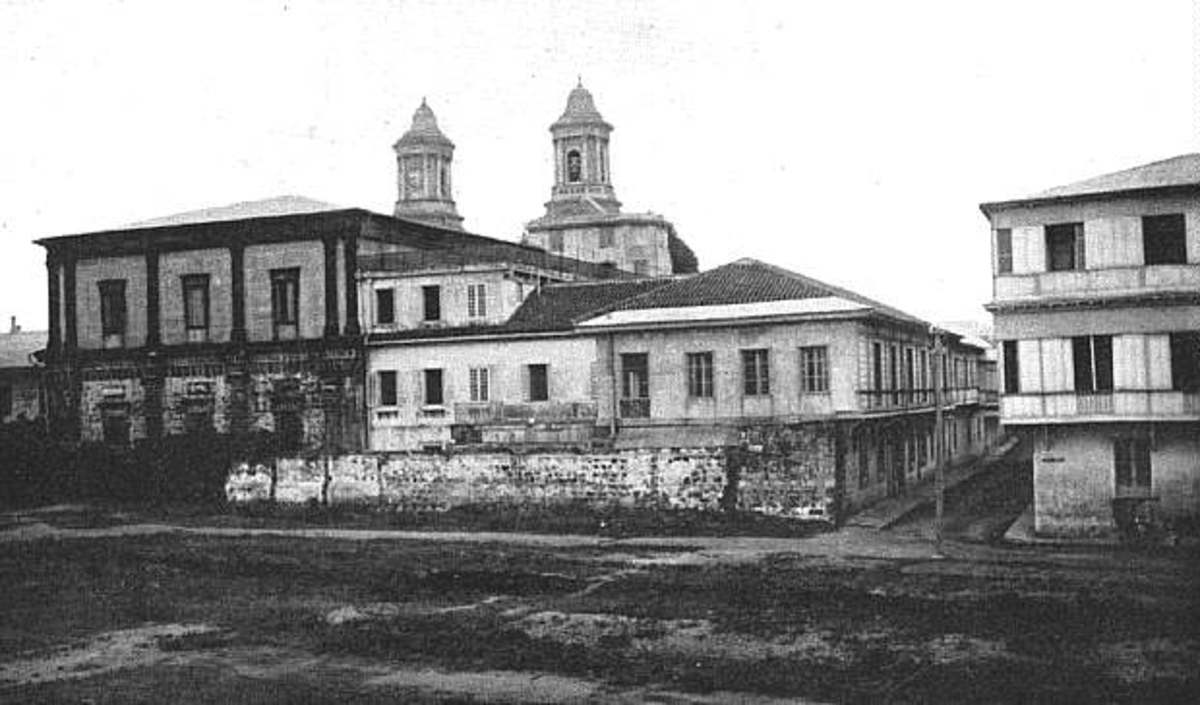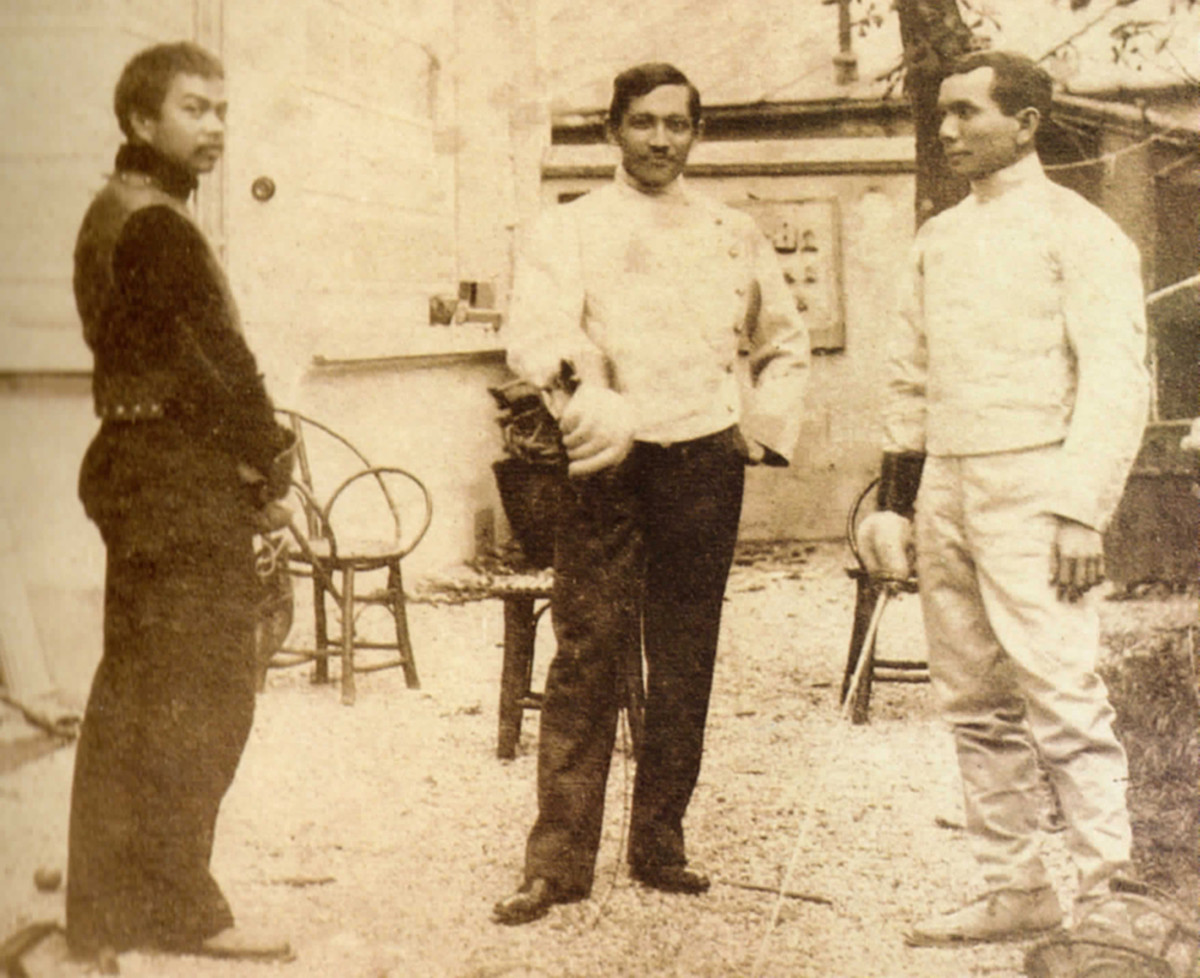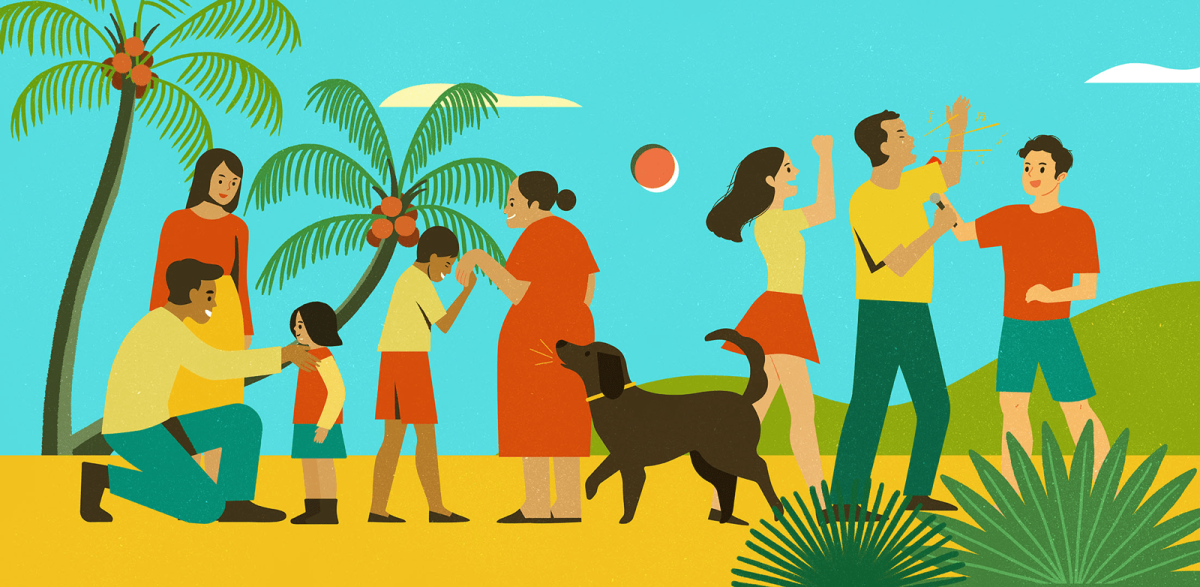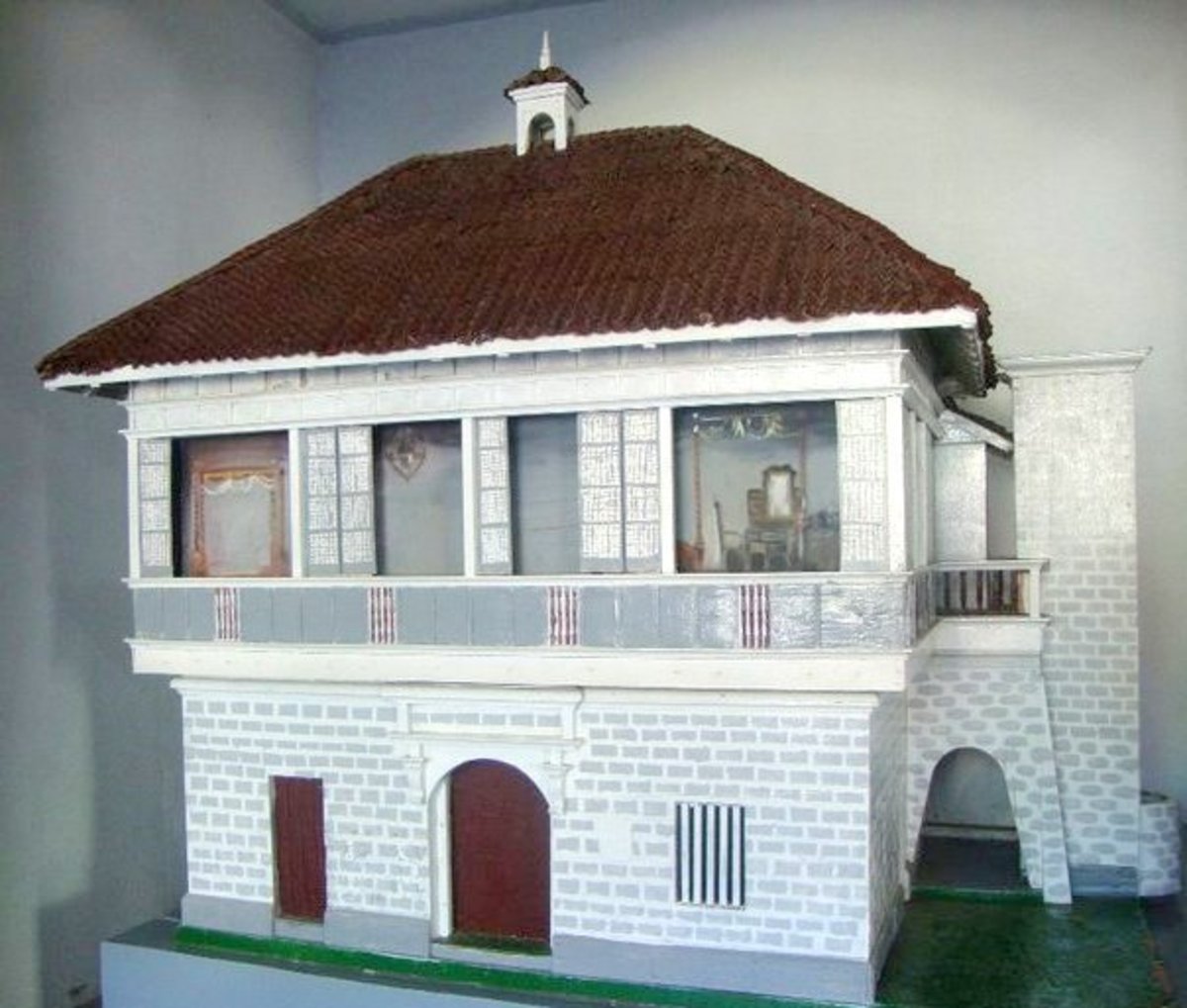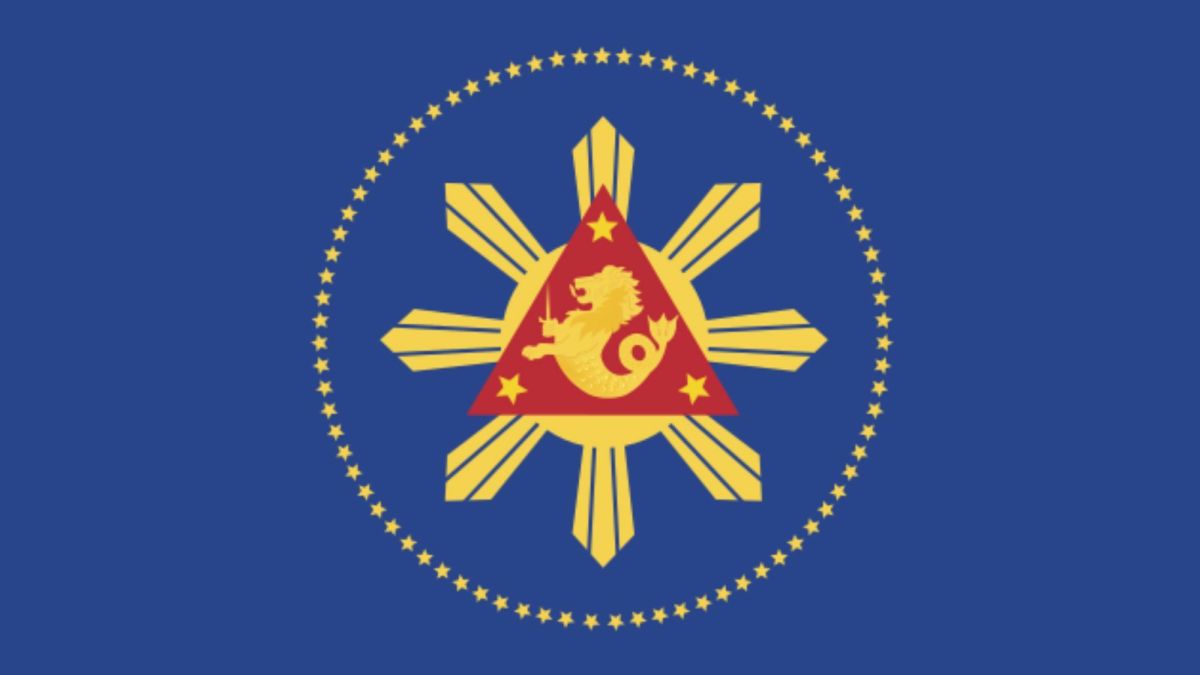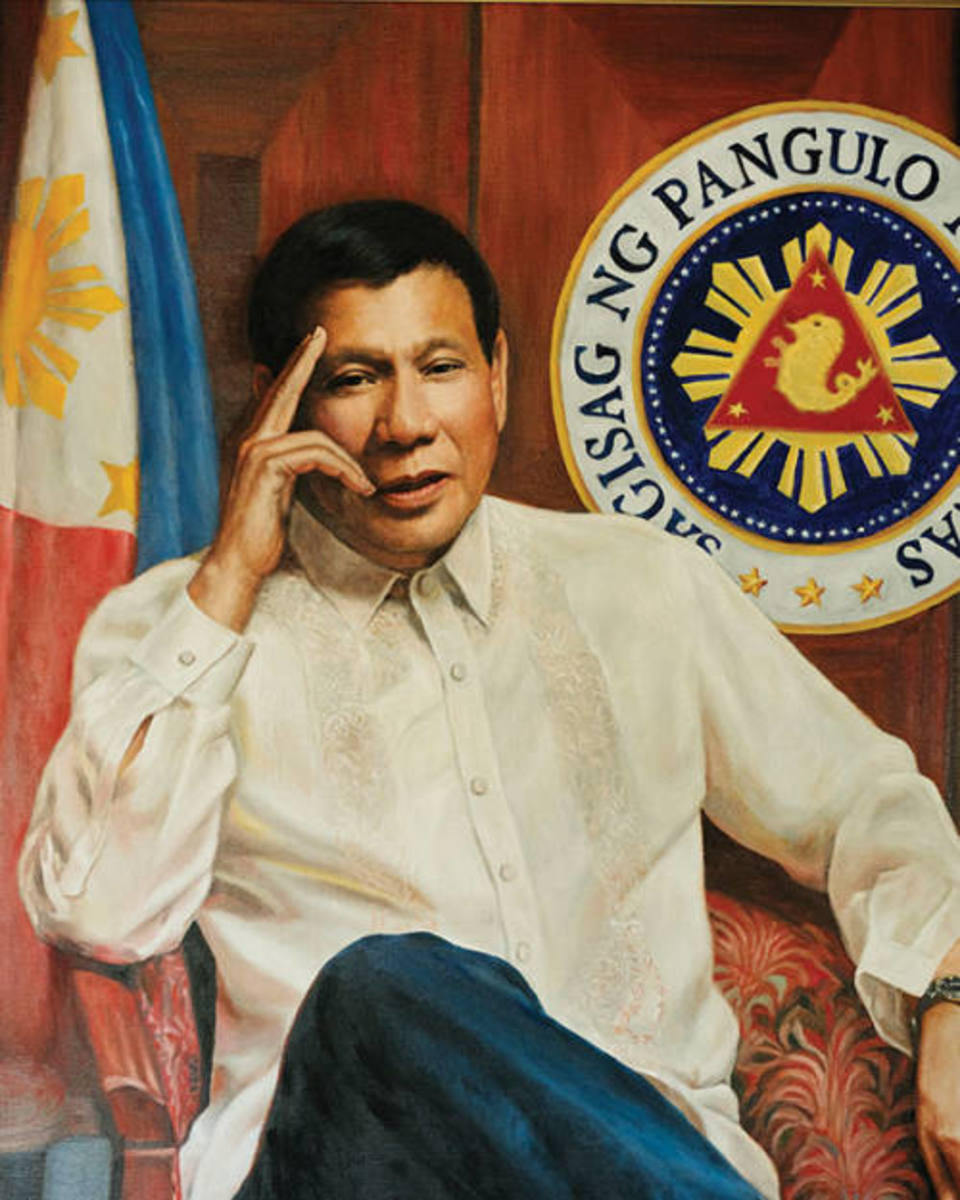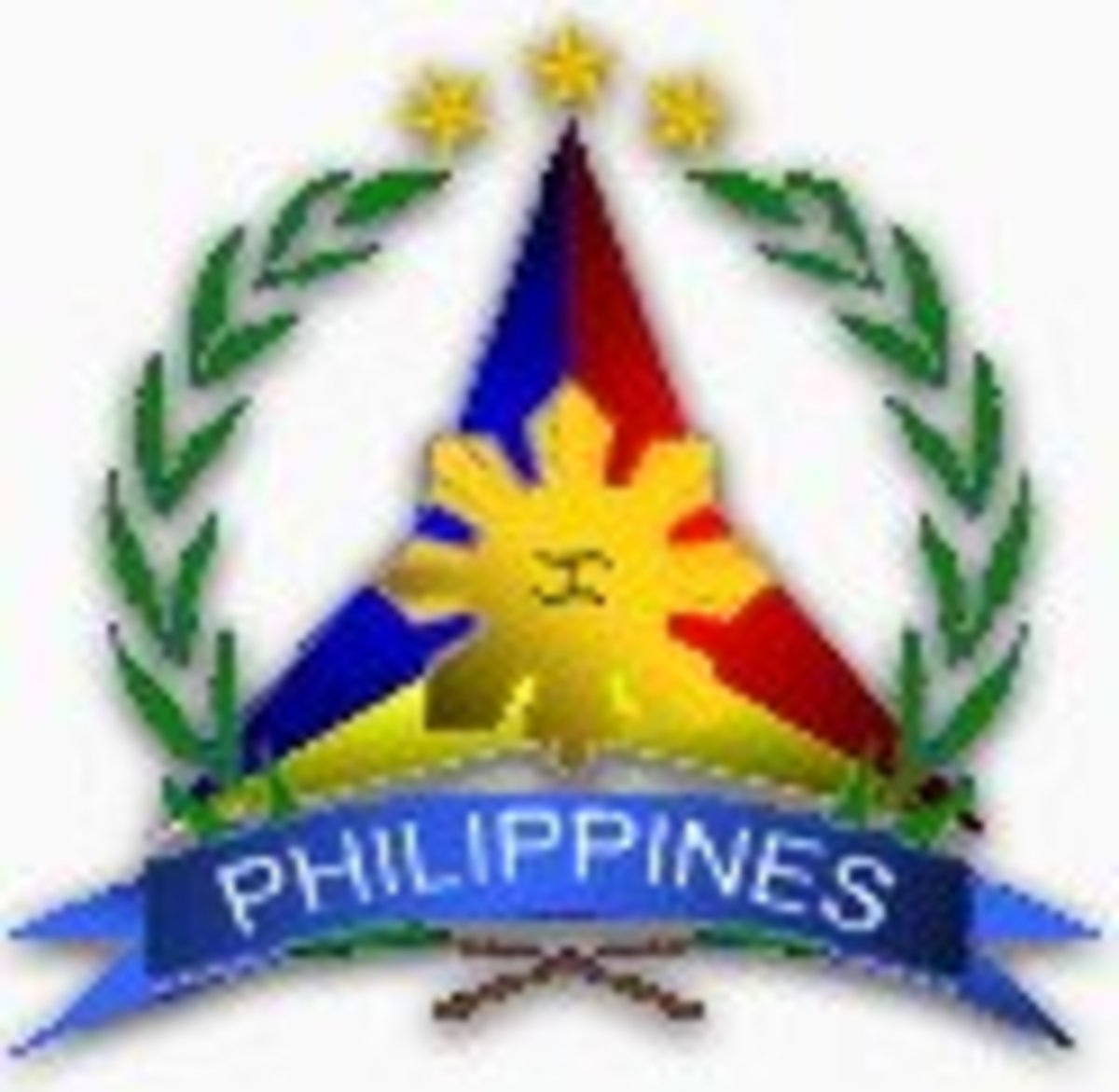Calamba: A Visit To Our National Hero's Hometown
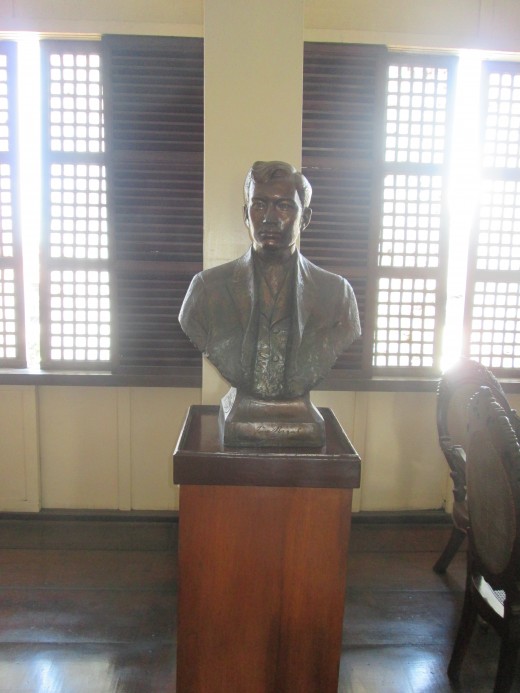
Learning about Jose Rizal through his hometown
I don't know much about Jose Rizal except to say that he is revered in my country as the national hero. Everywhere I've traveled in the Philippines, there are statues of him located usually in the town square or in a public school playground.
About his hometown, Calamba, I know even less. I remember as a child (over fifty years ago) passing through his town on the way to Pagsanjan Falls and it was a very quiet and peaceful town. This trip would be an opportunity to check on the town's progress.
The Hometown of Jose Rizal
- calambacity.gov.ph - Home
Description
A Map To The Shrine To Jose Rizal
Jose Rizal: The National Hero Of The Philippines
Jose Rizal : A Man For All Seasons
Jose Rizal was a man for all seasons, a traveler looking for a means to bring independence to his country at a time when little was known about the Philippines and its people.
More can be read about Jose Rizal from the web site about him, of which I have provided a link. In visiting his shrine, I learned about the man's activities in his travels through Europe and the US, and I felt sorry for how he had been forced to live alone among strangers, away from his family with very few friends, always hounded by the Spanish authorities. I wish there was more to learn about his experiences abroad; I can certainly sympathize with him being so far away from home and yet with no one to share his feelings with. It brought back my own memories of schooling in the US, spending holidays and vacations alone; there is always a hint of sadness and longing from those times that still haunt me. Going through the shrine's exhibits drew mixed emotions from me, I felt happy that Rizal had achieved so much in his education. He had learned more than 20 languages for his studies, which meant that he knew the value of communication and the spread of ideas. It must have been during one of these transfer of ideas that he learned about working democracies in the Western world. How ecstatic he must have been to see democracy working in some countries and to realize that these same principles could be transferred to the Philippines ! Before leaving his country, he had already felt the oppression and the injustice of the Spanish authorities, what kind of pain did he feel in his heart as he traveled through the US and Europe knowing that his own country men did not have to live as slaves ? As an educated man, he chose not to keep quiet and to write instead about the ills and pains of living in an oppressed nation. He did so knowing of the price he would have to pay eventually, I believe that this is why our country loves him so much. He was a man who knew that going back home meant that he would have to sacrifice himself for his beliefs and values. And yet, I can almost sense that he had thought countless times that the pain of his sacrifice would have felt far less worse than the pain of separation from his loved ones and from his country. When I think of Jose Rizal now and what he had gone through, I am reminded of similar choices being made everyday by our overseas workers, and by their painful longings for home and family. It is only through their pain and hard work that our country has done so well economically while other nations have not.
Like Rizal, I felt that there were many benefits and good ideas to bring back home after studying for so long in a 1st world nation. And just like him, I watched as my intentions were displaced by the greed of dictators and local politicians. I realize now that what one man can give and sacrifice himself for in the face of an overwhelming opposition is to inspire others to do the same, not for one country or for one people, but for the world as a whole, so that everyone can truly live their lives with hope for future generations and not with despair.
And yet, as we live now with the power of technology in mass communication,
as interlinked as we are across continents and islands, are any of us willing to sacrifice ourselves for others as Jose Rizal did?
© 2018 Gregory Floro

